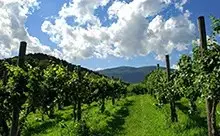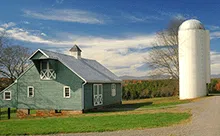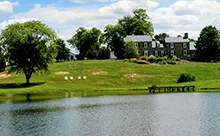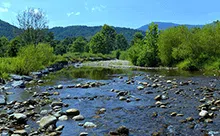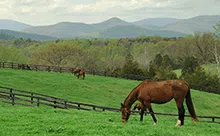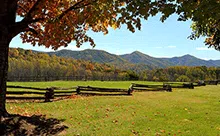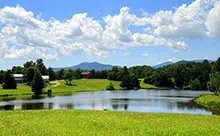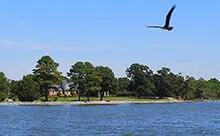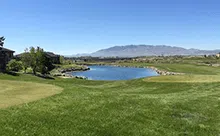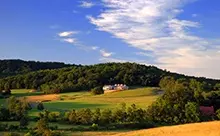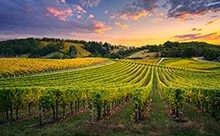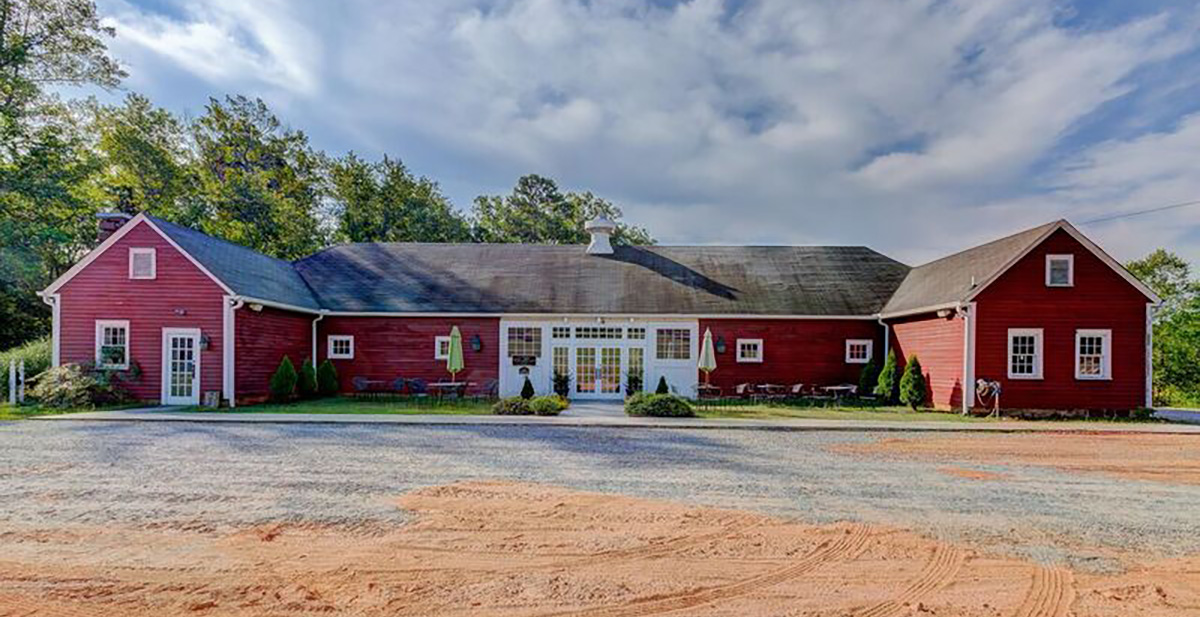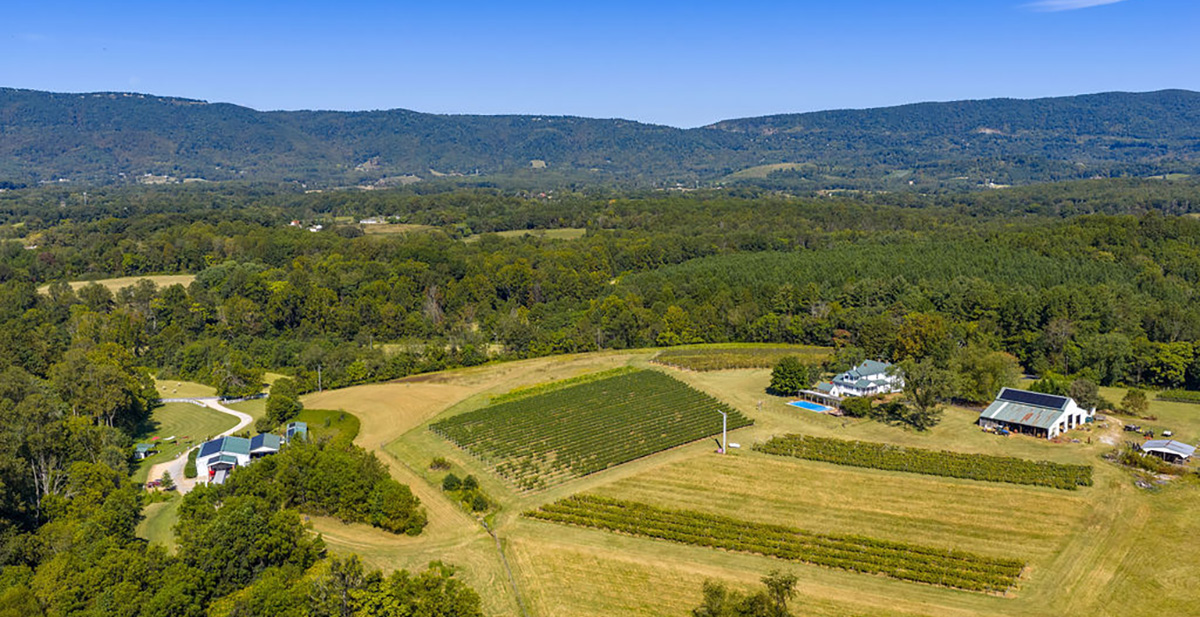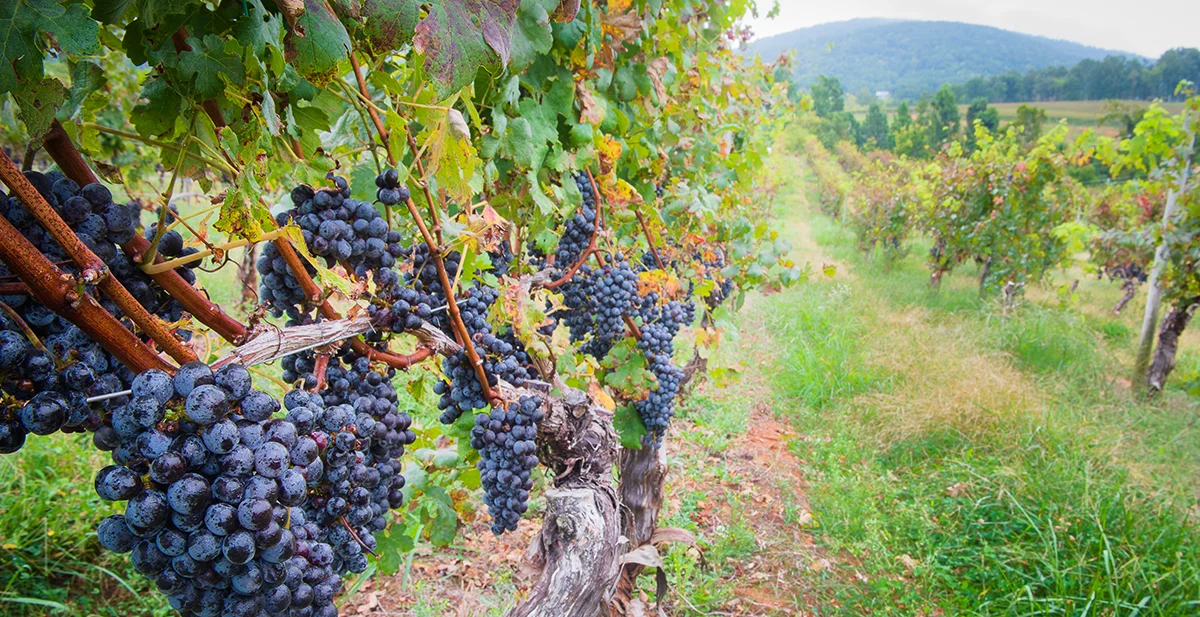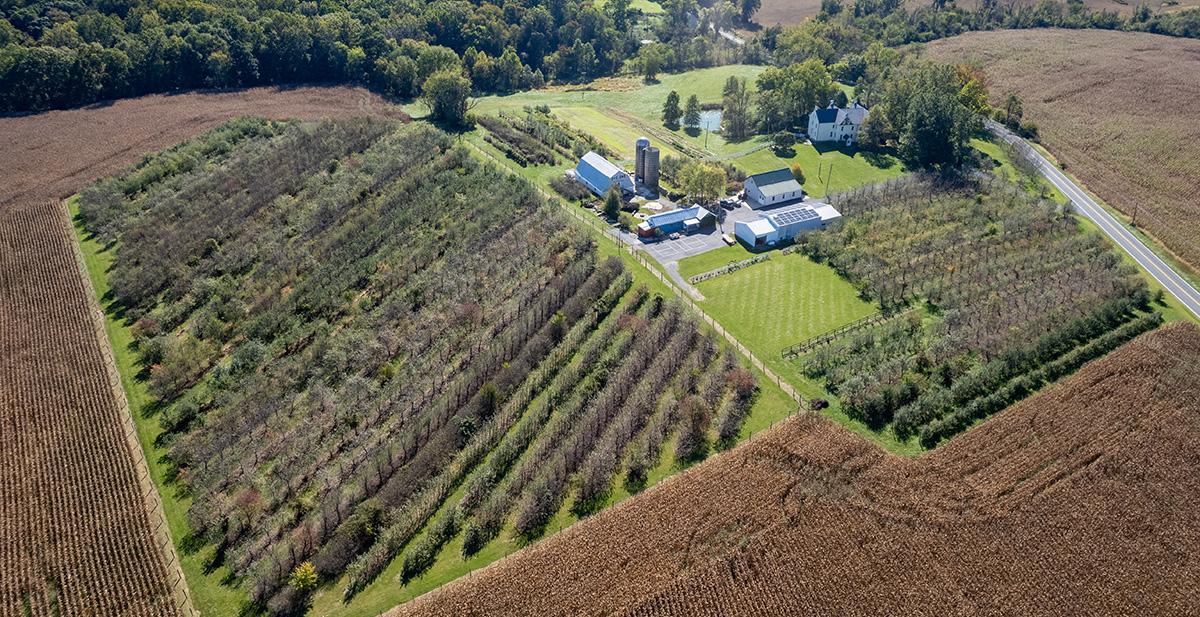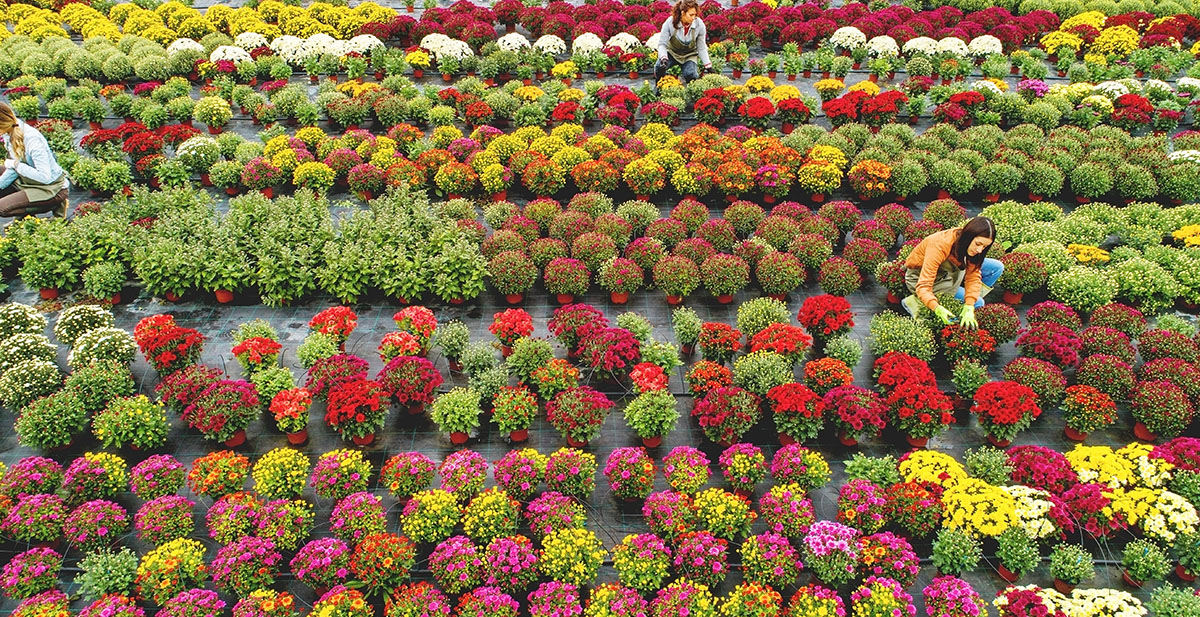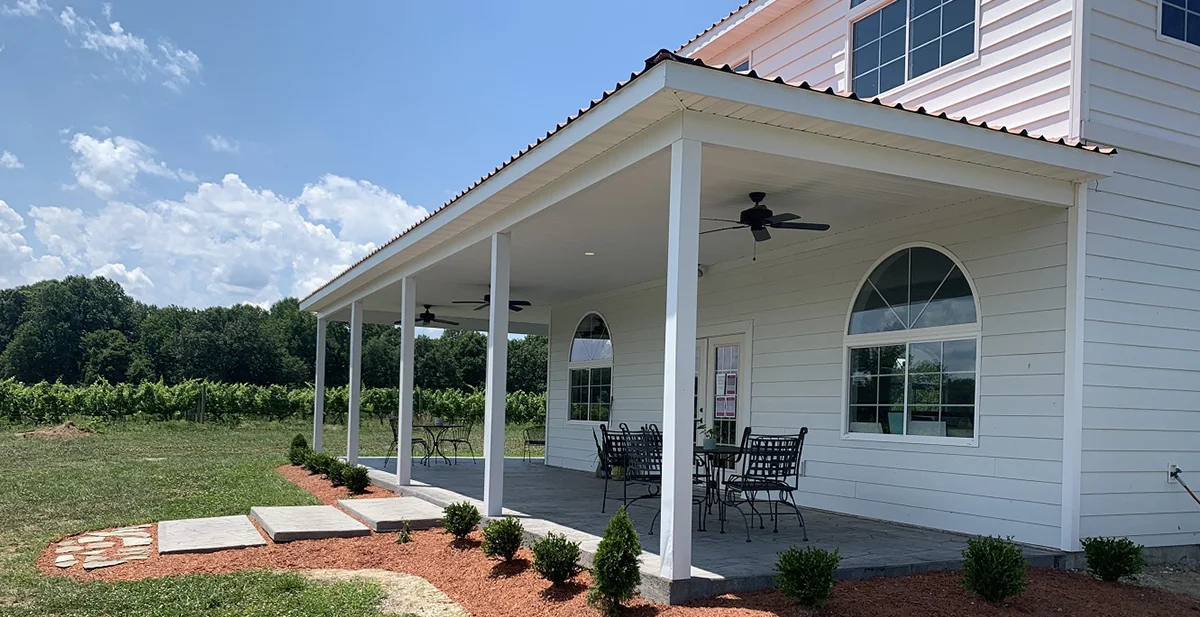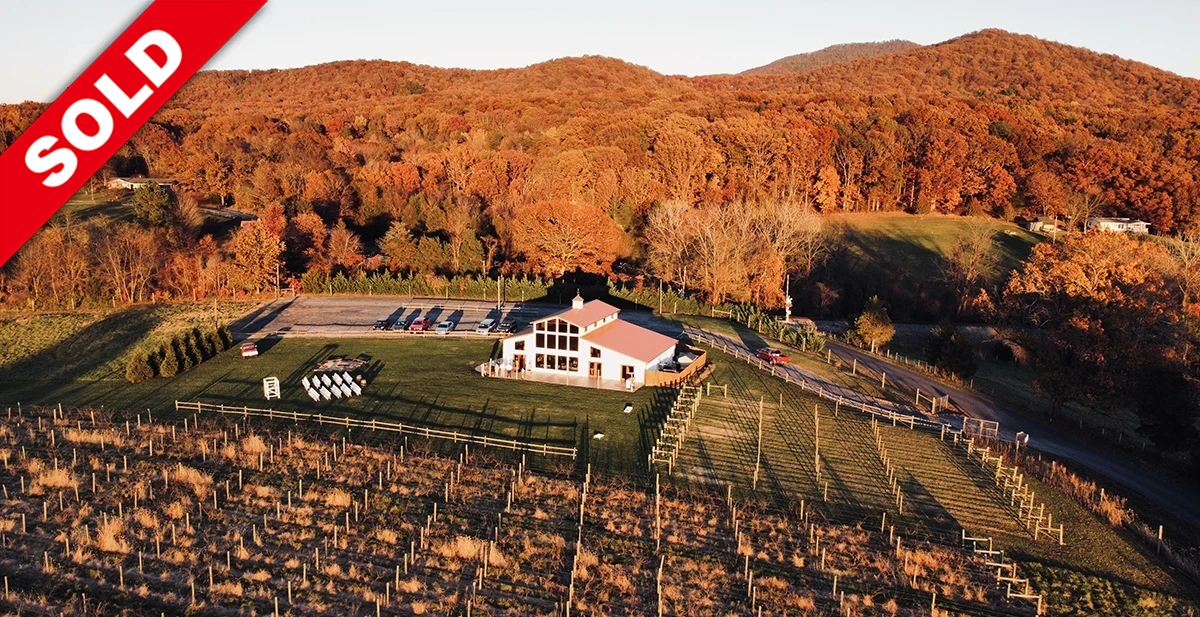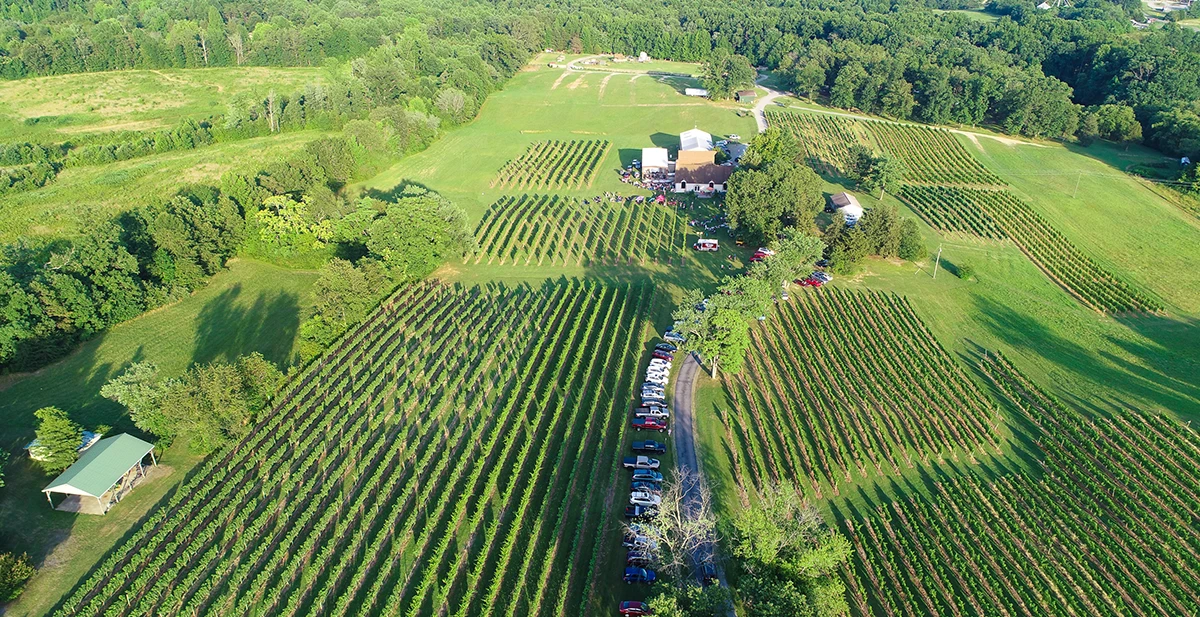home / virginia real estate / farms / virginia farm buying guide / virginia water and hydrology
Virginia Water and Hydrology
Hydrology is the study of water, and in Virginia, there is a multifaceted interest in the quality of the water. The people that make a study of water’s characteristics are known as hydrologists.
It is vital for the farmer to have a beyond the surface understanding of the water on his property, and actually becomes a bit of a hydrologist him or herself. When searching for your farm, acquaint yourself with the realtors that understand the importance of hydrology and its impact on the suitability of your new property to function as envisioned.
Hydrologists
Water is quantified, analyzed and cataloged by a contingent of professionals and amateurs who inspect the water everywhere it occupies and moves through spaces below, on or above the ground.
Those hydrologists can be either:
- Government or College Employees
- Private Volunteers
Government or College Employees
Government or college employees do the bulk of the hydrology in Virginia. Professional hydrologists assess the needs of the commonwealth and the condition of the water itself.
The government and the colleges maintain the databases and websites that track the source and destination of the water as it is accumulated in the drainage basins and watersheds, known as Hydrological Units.
They also work to enhance the quality of runoff polluted or degenerated by increasingly populated areas.
Private Volunteers
The professional hydrologists use private volunteers to gather water samples from a larger geographical area than the professional hydrologists can physically get to.
These monitors not only collect samples and obtain measurements but also are also included in the discussions that nominate and select which bodies of water are monitored.
Hydrologists at Work
This collection of public and private hydrologists collect the data, monitor the condition and reach conclusions about the best way to deal with the challenges of managing a precious resource. These challenges include:
- Appropriate Distribution
- Pollution
- Fracking
Appropriate Distribution
The coalition of hydrologists employ measurements and historical data to create appropriate scenarios to forecast and manage the water by diverting water from over run drainage basins to areas that are deficient in aquatic volume. This is performed by dams, reservoirs and aqueducts and ameliorates the damages due to flooding and drought.
Pollution
A constant source of concern, the pollution that makes its way into the water system is a threat to the ecosystem from top to bottom of the food chain. There are industrial sites that have been deemed Super fund sites. Elements and chemicals such as mercury and kepone have polluted the James River, among other waterways.
The remediation is partial and ongoing. Agricultural enterprises share some culpability in the degradation of the waterways via both chemicals used in fertilizers, herbicides and pesticides, as well as the simple run off from the effluents of the livestock.
Fracking
Fracking is a method of extracting hydrocarbon fuels from deep in the Earth. The intentional injection of massive amounts of chemical containing fluids fracture the ancient strata of shale well below the surface. There are concerns about contamination of the groundwater by leaking petrochemicals as well as damage to the local environment due to operational spillage.
Water quality and availability is a topic that concerns us all. The cleanliness of the water, its suitability for consumption and the distribution across the mountains and the valleys of Virginia is the work of both professional and amateur hydrologists.


















